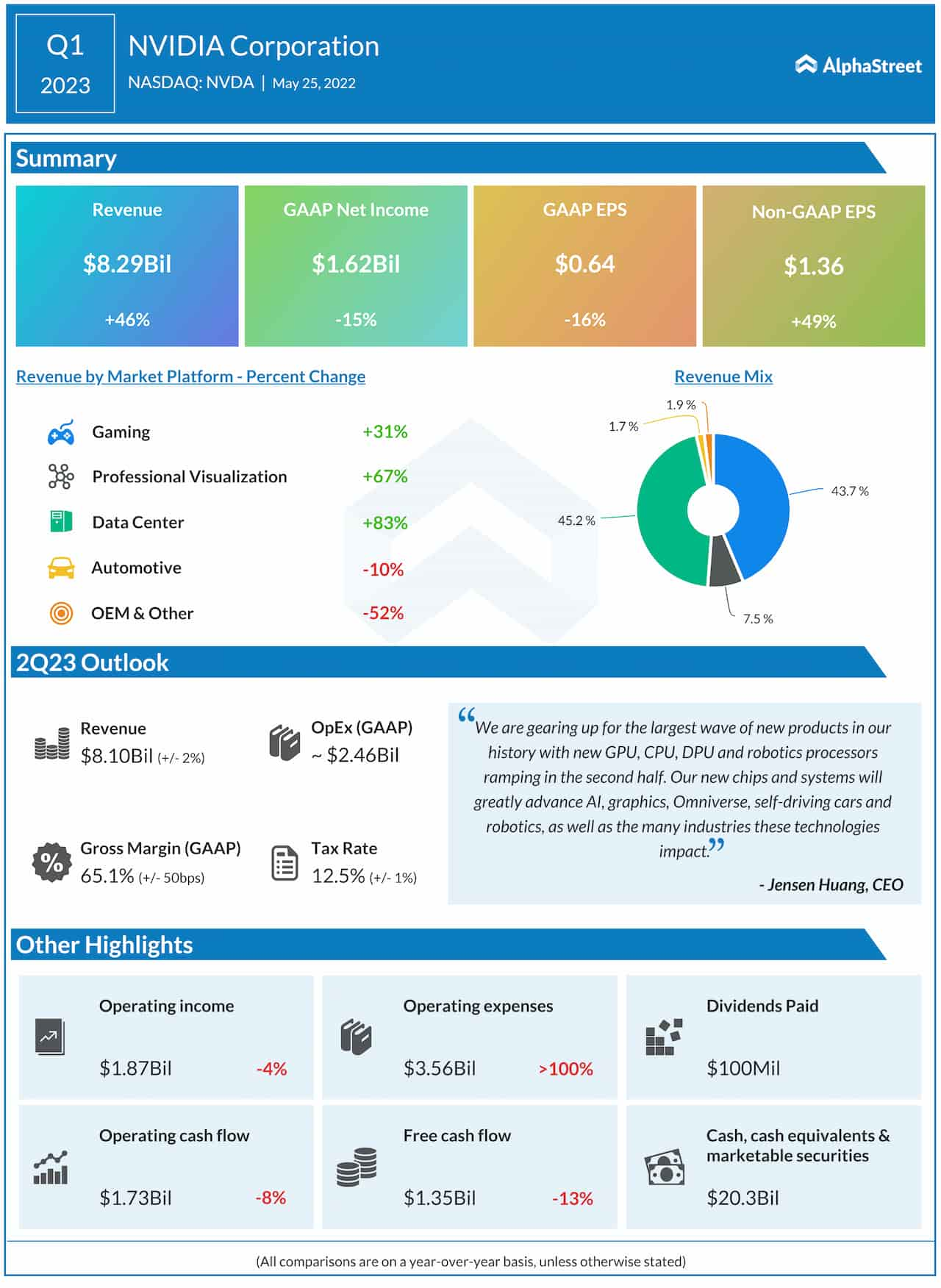Analyzing The Chinese Auto Market: Why BMW And Porsche Face Headwinds

Table of Contents
Rise of Domestic Chinese Brands
The rapid ascent of domestic Chinese brands represents a major challenge to established players like BMW and Porsche. This isn't simply increased competition; it's a fundamental shift in the market dynamics of the Chinese auto market.
Increased Competition and Innovation
Chinese automakers are no longer playing catch-up. Significant investment in research and development has led to advancements in several key areas:
- Increased investment in R&D leading to advanced features: Chinese brands are incorporating cutting-edge technologies, including advanced driver-assistance systems (ADAS), sophisticated infotainment systems, and increasingly sophisticated electric powertrains, directly competing with, and in some cases surpassing, features offered by established luxury brands.
- Improved build quality and safety standards: Concerns about the quality and safety of Chinese vehicles are rapidly diminishing. Stricter domestic regulations and a focus on international quality standards have dramatically improved the overall build quality and safety ratings of many domestic brands.
- Targeted marketing campaigns focusing on the needs of Chinese consumers: Chinese brands understand the unique preferences and cultural nuances of the domestic market, allowing them to craft highly effective marketing campaigns that resonate deeply with consumers. This targeted approach creates strong brand loyalty and drives sales.
Price Competitiveness
Domestic brands are not only matching the features of premium vehicles but are often offering them at significantly lower price points. This price competitiveness is a major factor impacting the sales of BMW, Porsche, and other foreign luxury brands in the Chinese auto market:
- Strategic pricing to capture market share: Many Chinese brands employ aggressive pricing strategies, undercutting foreign competitors to gain market share. This tactic is particularly effective in a price-sensitive market segment.
- Bundled services and features to enhance value proposition: Chinese automakers often bundle services and features into their pricing to enhance the perceived value of their vehicles, making them even more attractive to budget-conscious buyers.
- Government subsidies and incentives for domestic brands: The Chinese government actively supports the growth of domestic auto brands through various subsidies and incentives, making them even more competitive in the marketplace.
Shifting Consumer Preferences
The preferences of Chinese car buyers are evolving rapidly, creating further challenges for established luxury brands.
Emphasis on Technology and Electrification
Technological advancement and electric vehicles (EVs) are driving the Chinese auto market. This presents a significant opportunity for brands that can adapt quickly:
- Demand for EVs surging rapidly in China: China is leading the world in electric vehicle adoption, and this trend is only expected to accelerate in the coming years. Brands without a strong EV offering are at a distinct disadvantage.
- Preference for digital integration and user experience: Chinese consumers highly value seamless digital integration within their vehicles, including advanced connectivity features, intuitive user interfaces, and personalized experiences.
- Limited availability of charging infrastructure in some areas creates uncertainty for premium EV adoption: While charging infrastructure is rapidly improving in major Chinese cities, uneven development across the country presents a challenge for wider EV adoption, especially for premium brands.
Nationalism and Brand Loyalty
A growing wave of national pride is fueling a surge in brand loyalty towards domestic Chinese brands. This represents a significant headwind for foreign automakers:
- Marketing campaigns promoting national pride: Chinese brands effectively leverage nationalistic sentiment in their marketing campaigns, connecting their vehicles to a sense of national identity and pride.
- Successful branding of Chinese vehicles as sophisticated and cutting-edge: Chinese automakers have successfully positioned their vehicles as sophisticated, technologically advanced, and comparable to, or even exceeding, international brands.
- Government initiatives promoting domestic auto brands: Government support, including favorable regulations and media coverage, boosts the image and appeal of domestic brands among Chinese consumers.
Economic and Geopolitical Factors
Macroeconomic conditions and geopolitical factors further complicate the outlook for luxury brands in the Chinese auto market.
Economic Slowdown
A slower-than-anticipated economic growth rate in China directly impacts consumer spending on luxury goods, including premium vehicles:
- Uncertainty in the global economy impacting consumer confidence: Global economic uncertainty affects consumer confidence in China, leading to decreased spending on discretionary items like luxury cars.
- Increased cost of living impacting disposable income: Rising costs of living in China are reducing disposable income, influencing purchasing decisions and lowering demand for premium vehicles.
- Government regulations influencing the overall economy: Government regulations and economic policies can significantly impact consumer spending and the overall health of the automotive market.
Geopolitical Tensions
Trade disputes and geopolitical tensions introduce uncertainty and risk into the Chinese auto market:
- Impact of trade wars and tariffs on import costs: Trade wars and tariffs increase the cost of importing vehicles, making foreign brands less price-competitive.
- Political tensions influencing consumer sentiment: Geopolitical tensions can negatively influence consumer sentiment and lead to a decrease in demand for foreign brands.
- Supply chain disruptions impacting production and delivery: Geopolitical instability can disrupt supply chains, impacting the production and delivery of vehicles.
Conclusion
The Chinese auto market, while still representing a significant opportunity, presents formidable challenges for luxury brands like BMW and Porsche. The rise of competitive domestic brands, evolving consumer preferences, and macroeconomic factors all contribute to the headwinds these companies face. To maintain market share and thrive in this dynamic market, BMW, Porsche, and other foreign automakers must adapt swiftly. This requires heavy investment in electrification, technological innovation, localized marketing strategies that resonate with the unique preferences of Chinese consumers, and a deep understanding of the nuances of the Chinese auto market. Ignoring these critical factors risks significant market share losses. Therefore, a thorough and ongoing analysis of the Chinese automotive market is paramount for long-term success in this pivotal region.

Featured Posts
-
 India Market Buzz Niftys Bullish Run Fueled By Positive Trends
Apr 24, 2025
India Market Buzz Niftys Bullish Run Fueled By Positive Trends
Apr 24, 2025 -
 Liams Secrecy Steffys Rage A Bold And The Beautiful Recap April 9
Apr 24, 2025
Liams Secrecy Steffys Rage A Bold And The Beautiful Recap April 9
Apr 24, 2025 -
 3 Billion Crypto Spac Cantor Tether And Soft Bank Explore Merger
Apr 24, 2025
3 Billion Crypto Spac Cantor Tether And Soft Bank Explore Merger
Apr 24, 2025 -
 Teslas Q1 2024 Earnings Report A 71 Drop In Net Income
Apr 24, 2025
Teslas Q1 2024 Earnings Report A 71 Drop In Net Income
Apr 24, 2025 -
 Saudi Arabia And India Partner To Build Two New Oil Refineries
Apr 24, 2025
Saudi Arabia And India Partner To Build Two New Oil Refineries
Apr 24, 2025
Latest Posts
-
 Elon Musks Net Worth Soars Tesla Stock Surge After Stepping Back From Dogecoin
May 10, 2025
Elon Musks Net Worth Soars Tesla Stock Surge After Stepping Back From Dogecoin
May 10, 2025 -
 How Many Billions Did Musk Bezos And Zuckerberg Lose Since Trumps Inauguration
May 10, 2025
How Many Billions Did Musk Bezos And Zuckerberg Lose Since Trumps Inauguration
May 10, 2025 -
 2025 Hurun Report Elon Musk Still Richest Despite Massive Net Worth Decline
May 10, 2025
2025 Hurun Report Elon Musk Still Richest Despite Massive Net Worth Decline
May 10, 2025 -
 Hurun Global Rich List 2025 Elon Musks 100 Billion Loss And Continued Reign
May 10, 2025
Hurun Global Rich List 2025 Elon Musks 100 Billion Loss And Continued Reign
May 10, 2025 -
 Fluctuations In Elon Musks Net Worth A Us Economic Perspective
May 10, 2025
Fluctuations In Elon Musks Net Worth A Us Economic Perspective
May 10, 2025
